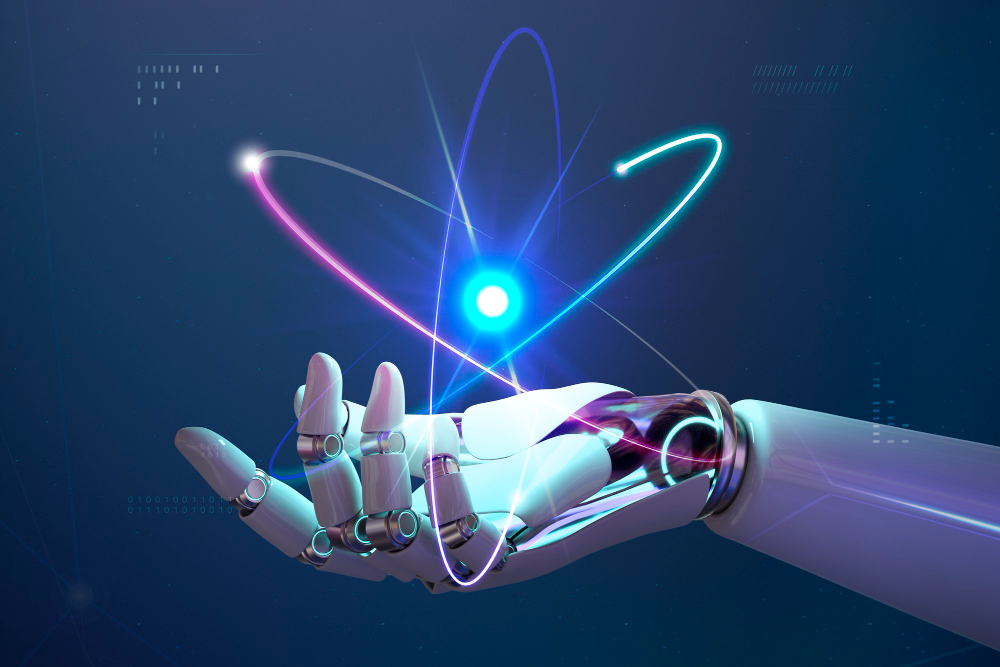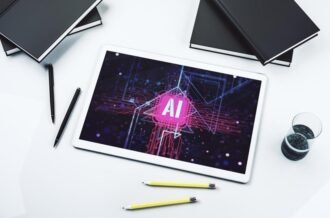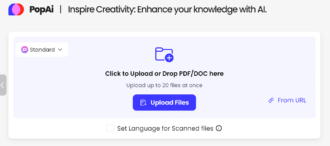What AI Will Look like in 10 Years: Our Predictions
Artificial Intelligence became big news toward the back end of 2023 and early 2024. Of course, it has been gathering momentum over the last few years. Still, the last few months have seen investment and visibility ramp up, and it is featured prominently in some pretty huge headlines. AI will change the landscape of our society. It isn’t a case of if but more of when. Over the next decade, AI will be streamlining services, improving several sectors and rendering several job roles redundant.
The advances in this technology have paved the way for some bold predictions. But, realistically, how will AI look in the next decade? Some people predict it will take over our lives, some think it won’t have much impact, and most likely, the answer lies somewhere in the middle.
Comparing AI With Other Innovations
When the internet began entering mainstream use in the late 1990s, many people were concerned that it could change traditional industries for the better. The same applies to cryptocurrencies. However, both have shown that they are more than capable of complementing modern society and businesses worldwide.
Cryptocurrency has emerged from small, niche corners of internet communities to legal tender in some nations and methods of payment in other industries. Nowadays, however, it has expanded into broader realms of services, including profitable sectors like iGaming. Bitcoin poker online is just one of several ways to play your favourite card games at digital casinos while depositing funds in cryptocurrency.
What Big Changes Could We See?
With some of the most innovative minds in the tech industry creating specific AI tools, it could be the booming sector of this decade.
Social media giants and other tech companies like Apple occupied vast market sections in previous years. However, some may have peaked now that these companies have begun to announce layoffs. AI is in its primitive stages, and even though it is fascinating, we should still approach it cautiously. We aren’t in a position where AI will become self-aware, so don’t worry too much if your mind immediately jumps to The Terminator when you hear about rapid developments in AI.
Some of the immediate changes are that jobs such as content creation, copywriting, and journalism are becoming more automated. Plenty of these tools, such as ChatGPT, can generate long-form, impressive content.
However, they lack the nuances to create a language that originated from an actual writer. Maybe this is wishful thinking on my part so I don’t lose my job anytime soon. Who knows?
In addition, software developers, web developers and data scientists have all been earmarked as industries where AI could begin to replace humans.
The most significant changes will likely be in the healthcare sector, where AI will help assist people who work throughout the supply chain. With intelligent AI help, research and development, diagnoses, and treatment plans could become more efficient.
It won’t be a case of technology replacing humans but helping them perform their jobs to a higher standard. With the correct implementations, we will be allowed more time to complete the more human elements of a job that AI can’t recreate (yet!).
Should We Be Worried?
At this stage, there isn’t much concern. Although some news reports have highlighted that ChatGPT is banned in specific education sectors because it can pass exams, there are still more positives than negatives.
As a content writer and creator, I’m keeping an eye on AI developments. Buzz Feed has announced that AI writing tools could replace jobs, which raises some concern in the creative industry.
However, extensive search engine companies will likely fight back against AI-generated content. AI companies have drawn up plans to create software that can detect lazy AI plagiarism.
Chess champion Garry Kasparov lost against a supercomputer in 1997, which created tremendous stories about how computers were here to “take over” and become “self-aware”.
The reality is that these innovative technology designs often help industries, yet they have limitations, too. Sensationalist headlines might generate clicks, but they’re usually misguided.
Conclusion
In ten years, AI will continue to change several industries. However, it will still be in its early development. Fifty years from now, it could be a different story.
Suppose AI is capable of high levels of intelligent movement and emotional awareness and programmed with vast knowledge of human behavioural psychology. In that case, the results will be astonishing and also quite scary.
A decade from now, technology will continue to advance, especially with massive corporations like Microsoft ploughing billions of dollars into the industry.
The world will change in ten years, and AI will drive much of this change. The question is how far it will advance within this period. As long as it benefits humanity, arguing a case where AI development is negative is challenging.

















